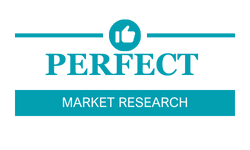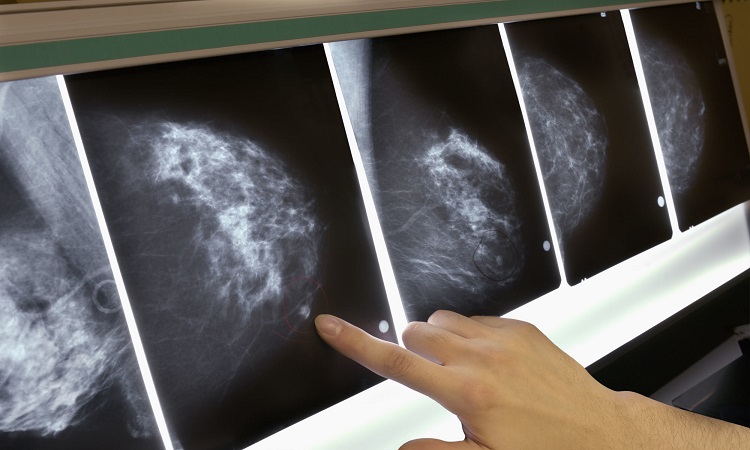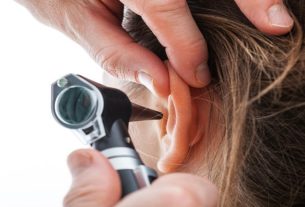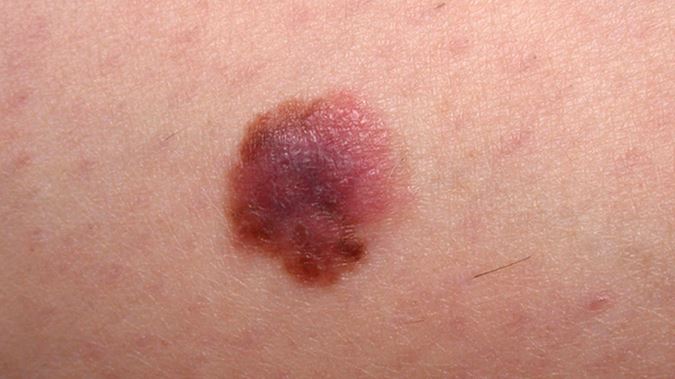MIT professor and breast cancer survivor, Regina Barzilay, developed an artificial intelligence (AI) capable of detecting this cell disease in advance, up to five years.
FROM A MAMMOGRAPHY
The Laboratory of Computer Science and Artificial Intelligence of MIT served as a research center for the development of this prediction model against breast cancer.
In an article published in the journal Radiology, an automatic learning model that can predict from a mammogram is described if a patient is likely to develop breast cancer up to five years in the future.
The how
Instead of manually identifying (difficult for the human eye) the patterns on a mammogram, the MIT / MGH team trained a deep learning model to deduce the patterns directly from the data. Using information about more than 90 thousand mammograms.
For its part, on the official website of the Massachusetts Institute of Technology (MIT), the researchers commented that their work in the development of this technique was explicitly aimed at assessing health risks of this nature more accurate for the minorities.
The problem of algorithmic bias is the focus of a large amount of industry research and even the newest products coming from technology companies that work in the deployment of AI in the field.
“OTHER SIMILAR PROJECTS OFTEN HAVE INHERENT SESSIONS BECAUSE THEY ARE BASED OVERWHELMING IN THE POPULATIONS OF WHITE PATIENTS.”
According to the WHO, every year, more than 480 thousand people die each year from breast cancer, one of the most common and aggressive in the world.
The development of this new technology was designed specifically to be a model that is informed by “more equitable” data that ensures it is “equally accurate for black and white women.
Breast cancer involves several factors of risk:
- Age.
- Family history of breast and ovarian cancer.
- Hormonal and reproductive factors.
- Mammary density
PROJECT SUSTAINABILITY
The project’s innovation is based on that of Google AI, which in October said it had developed a model that could detect metastatic breast cancer with 99% accuracy, and in Alphabet’s DeepMind, which last year validated an AI system with University College London exhibiting performance in computerized tomography.
On the other hand, scientists from the University of New York recently made available a breast cancer screening model trained in more than 200 thousand mammography exams.
Meanwhile, a team from the Harvard Medical School devised an AI that can detect a genetic defect responsible for some types of cancer.




